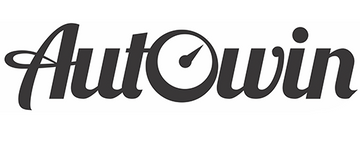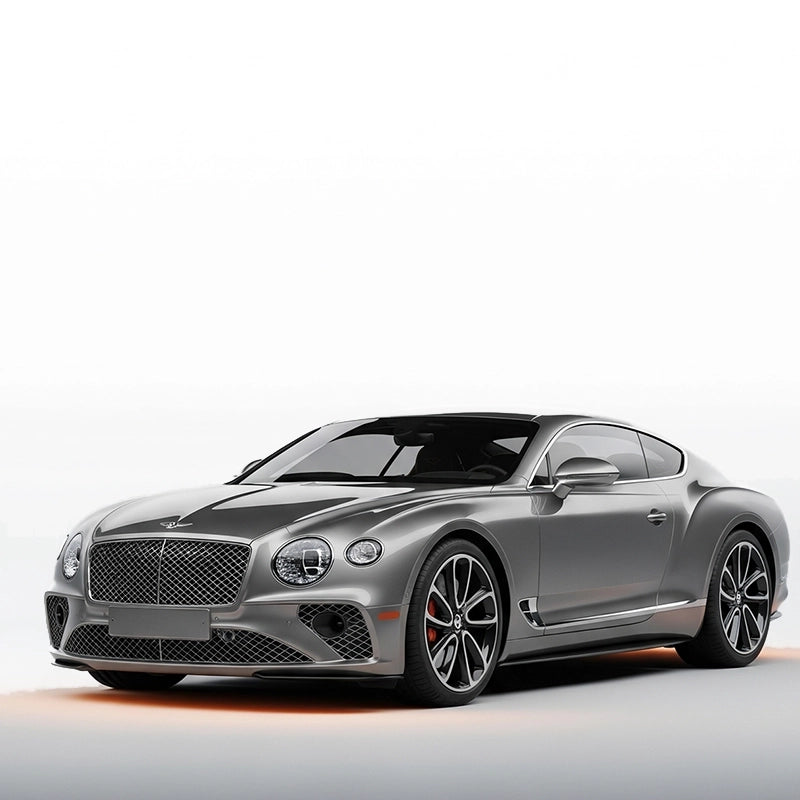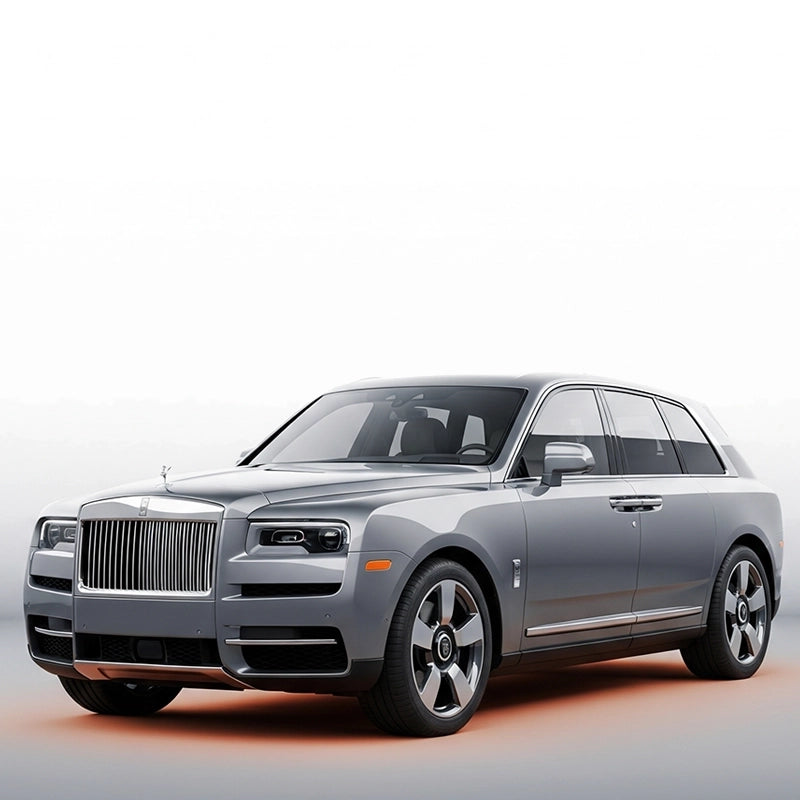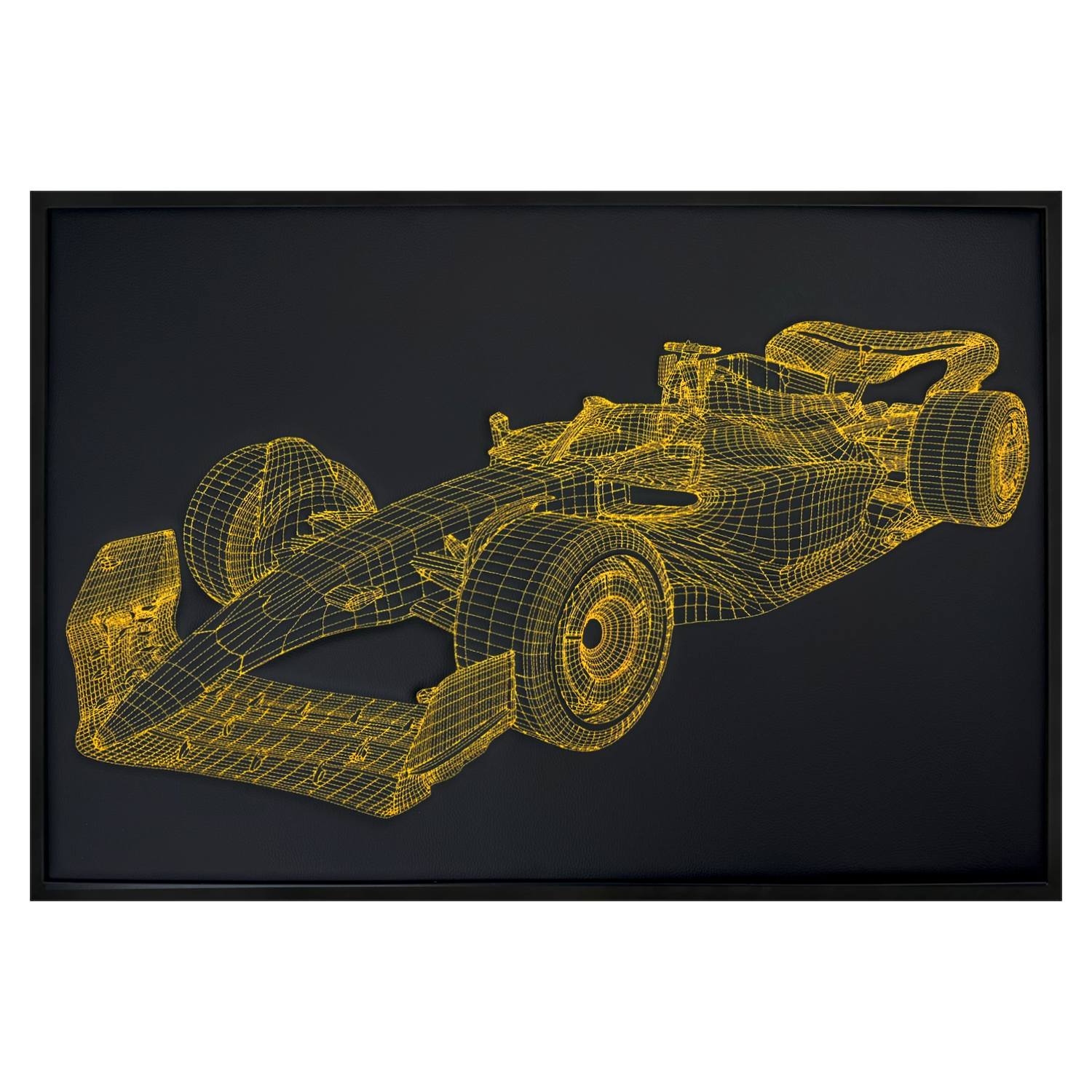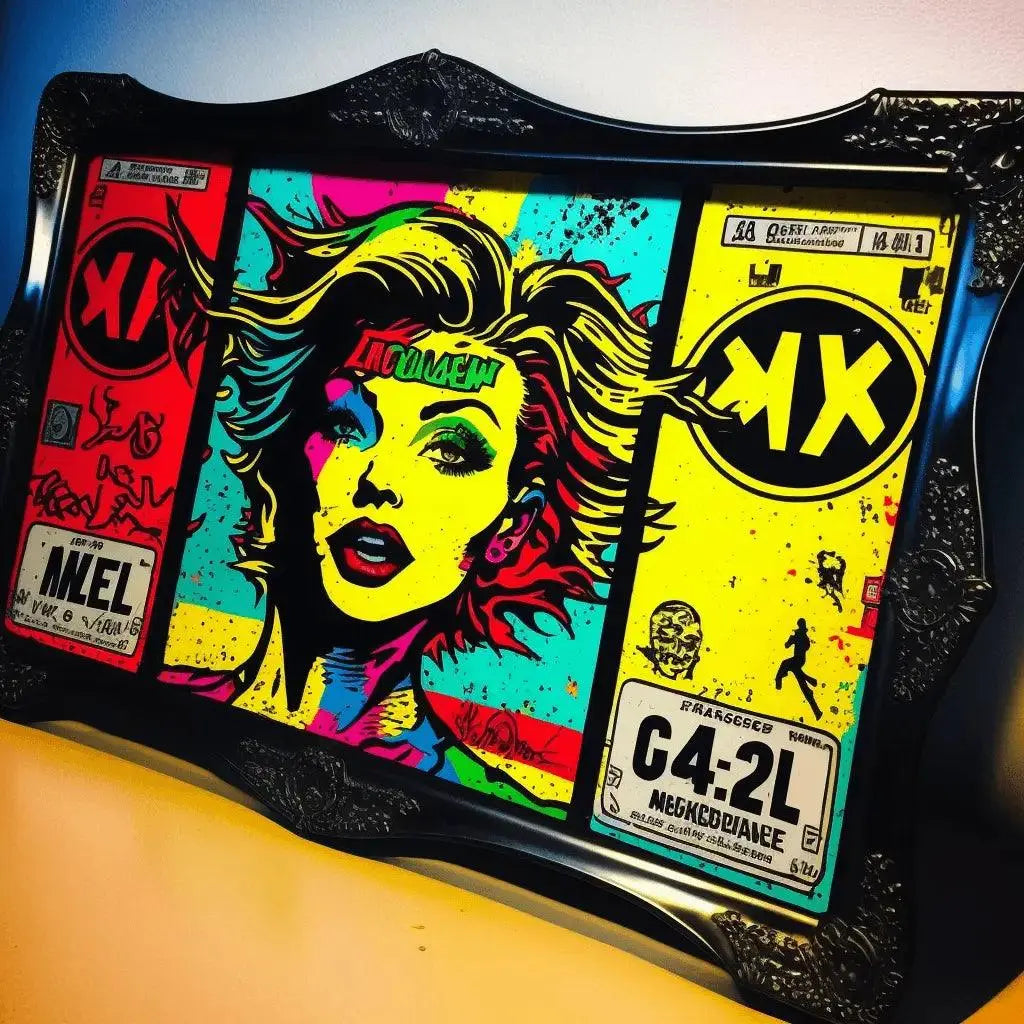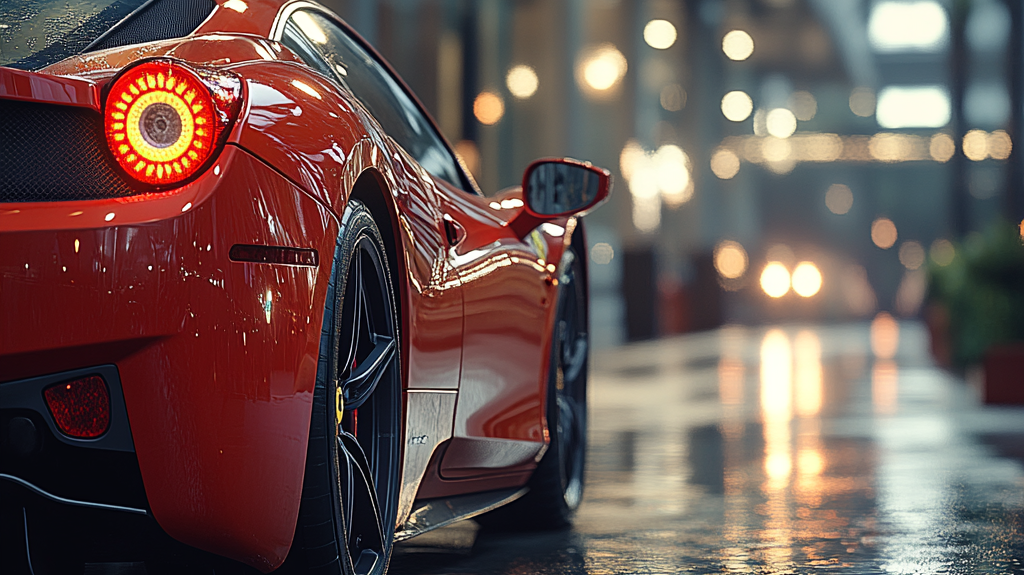How To Install or Remove European License Plate Frames: A Hands-On Guide
European license plate frames look fantastic on the right car—think clean, long plate on a German sport sedan or a modern wagon. I’ve run a few frames over the years (one survived three winters and a very salty ski season), and honestly, I wasn’t sure at first. But once you get the fit right and avoid rattles, they’re a neat, tidy upgrade that doesn’t scream “aftermarket.” This guide walks you through installing and removing European license plate frames without drama, with a few real-world tricks I’ve learned in the driveway.
Watch: Quick European License Plate Frames Tutorial

Why European License Plate Frames?
Two reasons: proportion and protection. A European plate (typically 520 mm x 110 mm) fills the space on many European bumpers in a way a US plate never will. A proper frame keeps the plate straight, protects edges, and adds a finished look. On the legal side, make sure your frame doesn’t obscure any characters, flags, or reflective areas. Some countries and states also frown on tinted covers or angled mounts, so check local rules first.
Most US plates are 12 x 6 inches (305 x 152 mm). That’s shorter and taller than a Euro plate, so universal brackets exist to adapt US drill points to European license plate frames without hacking the bumper.
Tools & Prep for European License Plate Frames
- European license plate frame (clip-in holder or slim surround)
- Plate fasteners: stainless screws or anti-theft bolts with caps
- Screwdriver set (Phillips, flat), Torx bits if your car uses them
- Masking tape, tape measure, spirit level (or a good eye and patience)
- Isopropyl alcohol and lint-free cloth (for cleaning)
- Optional: 3M VHB tape + 3M primer 94 (for adhesive installs)
- Optional: Drill and 3–5 mm bits (only if you’re installing a bracket)
- Plastic trim tool (to pop tabs without scuffing paint)
European License Plate Frames: Types & Install Difficulty
| Frame Type | Install Method | Difficulty | Pros | Watch-outs |
|---|---|---|---|---|
| Plastic clip-in holder | Screw to bumper or bracket, snap plate into frame | Easy | Secure, inexpensive, OEM-style | Clips can rattle if not padded; choose UV-stable plastic |
| Metal slim surround | Plate bolts through; decorative surround clamps | Medium | Clean look, sturdy | Can scratch paint if misaligned; mind parking sensors |
| Adhesive backer plate | 3M VHB to bumper; plate attaches to backer | Medium | No holes, super clean | Surface prep is everything; curing time needed |
| Universal adapter bracket | Uses US 7" hole spacing; mounts Euro frame | Easy–Medium | No drilling in bumper; reversible | Can sit proud of bumper if too thick |
| Magnetic mount (show use) | High-strength magnets behind grille | Medium | Quick on/off for shows or photos | Not road-legal everywhere; secure carefully |
How to Install European License Plate Frames (Screw-Mount)
This is the classic OEM-style setup most cars in Europe use. When I fitted one on a Golf R, it took 20 minutes and a coffee. Here’s the method that works every time:
- Find center: Mark the bumper’s centerline with masking tape. Do the same on the frame. If you have a factory dimple or bracket points, use them.
- Mind the sensors: Check for parking sensors, front cameras, and airflow to intercoolers. Dry-fit the frame and turn the wheels lock-to-lock to ensure clearance.
- Pilot holes: If no OEM holes exist, use a 3 mm bit to drill shallow pilot holes into the plastic bumper cover only. Never into the crash beam.
- Anti-rattle pads: Add thin foam pads on the back of the frame corners. A few owners mentioned this cured buzzing at highway speeds.
- Screw it on: Use stainless screws with nylon washers. Tighten just snug—about 1.5–2.5 N·m. If the frame warps, you’ve gone too far.
- Clip or bolt plate: Slide the Euro plate into the holder and snap shut, or secure with the supplied caps/bolts if it’s a slim surround.
- Level check: Step back 3–4 meters and eyeball it. Adjust before fully tightening.
- Cap the screws: Black or body-color caps look tidy and resist corrosion.
- Road test: A short drive over rough roads will reveal any buzzes. Tighten lightly where needed.
Extra Tips to Avoid Rattles
- Use rubber or nylon washers between frame and bumper.
- Stick a thin foam strip along the backside top edge of the frame.
- A dab of medium-strength threadlocker helps on cars with firm suspensions.
How to Install European License Plate Frames (Adhesive/VHB)
I tried this on a car I didn’t want to drill—worked a treat. Key is patience.
- Clean like you mean it: Wash, then wipe the area with isopropyl alcohol until the cloth stays clean.
- Prime (optional but recommended): Apply 3M primer 94 to the contact area and let it flash off.
- Apply VHB tape: Run high-bond tape along the frame’s backer plate edges and a few strips in the middle.
- Align once: Use masking tape guides. When it touches, it’s sticking—there’s no “re-do.”
- Pressure + time: Press firmly for 30 seconds and support with painter’s tape. Avoid washing for 24 hours; full cure can take 72.
- Attach the plate: Clip or bolt the Euro plate to the backer per the kit’s instructions.
Using a Universal Bumper Bracket (Great for US Cars)
- Mount the adapter bracket to your factory US holes (7" apart).
- Center the European license plate frame on the bracket; mark holes.
- Bolt together with stainless hardware; use nylon spacers if needed to hug the bumper.
Removing European License Plate Frames Without Damage
Whether you’re swapping frames or selling the car, removal can be painless if you go slow.
- Screw-mount: Unscrew the frame, then use a plastic trim tool to release any snap tabs. Clean residue with a citrus adhesive remover and finish with alcohol.
- Adhesive-mounted: Warm the area with a hair dryer/heat gun on low. Work dental floss or fishing line behind the frame in a sawing motion. Peel off remaining tape, then use adhesive remover. Polish and wax the area to blend the finish.
- Anti-theft bolts: Keep the special key in the glovebox; if lost, a specialty socket or careful drilling may be required.
If your bumper has pre-marked dimples behind the paint, use them. They’re there for a reason and save you from misaligned holes.
Troubleshooting: Common Quirks with European License Plate Frames
- Parking sensors chirping: Shift the frame a few millimeters or choose a slimmer surround. Thick borders can reflect ultrasonic waves.
- Plate bending in car washes: Add a center support tab or choose a stiffer frame.
- Whistles at speed: Fill gaps behind the frame with foam tape; re-check that the frame sits flush.
- Legal nitpicks: Don’t cover any letters, country code, or reflective area. Avoid tinted covers where prohibited.

Real-World Notes From the Driveway
On a damp Saturday I fitted a slim metal surround to a friend’s A4—two screws, foam pads, done. No buzz, even on cobblestones. A few weeks later, a reader told me his plastic clip-in holder rattled at 80 mph until he added two tiny rubber washers. Another owner swears by anti-theft bolts after a late-night bar parking lot “souvenir” incident. Point is, the small details matter and make these frames feel OEM, not tacked on.
Conclusion: Make European License Plate Frames Look Factory
Done carefully, European license plate frames are a subtle, classy upgrade—no rattles, no sensor drama, no legal headaches. Measure twice, use quality hardware or tape, and take the extra five minutes for foam pads and alignment. The result looks like it rolled out of Ingolstadt or Stuttgart that way, which, let’s be honest, is the whole point.
European License Plate Frames FAQ
Are European license plate frames legal where I live?
Usually, yes—provided they don’t cover any characters or reflective areas. Some regions ban tinted covers or angled mounts. Check local regulations before installing.
Will a frame interfere with parking sensors or front cameras?
It can if the frame is thick or placed too close to a sensor. Test-fit, and if needed, choose a slimmer surround or adjust the position slightly.
What’s the best way to stop rattles?
Use foam pads behind the frame corners, nylon washers under screw heads, and don’t overtighten. A quick road test over rough pavement will reveal any buzz.
Can I install one without drilling?
Yes. Use a universal adapter bracket that fits US holes, or go with a 3M VHB adhesive backer if your bumper surface allows.
How do I remove an adhesive-mounted frame?
Warm it gently, cut the tape with fishing line, then clean residue with adhesive remover and alcohol. Finish with polish and wax to even the finish.
